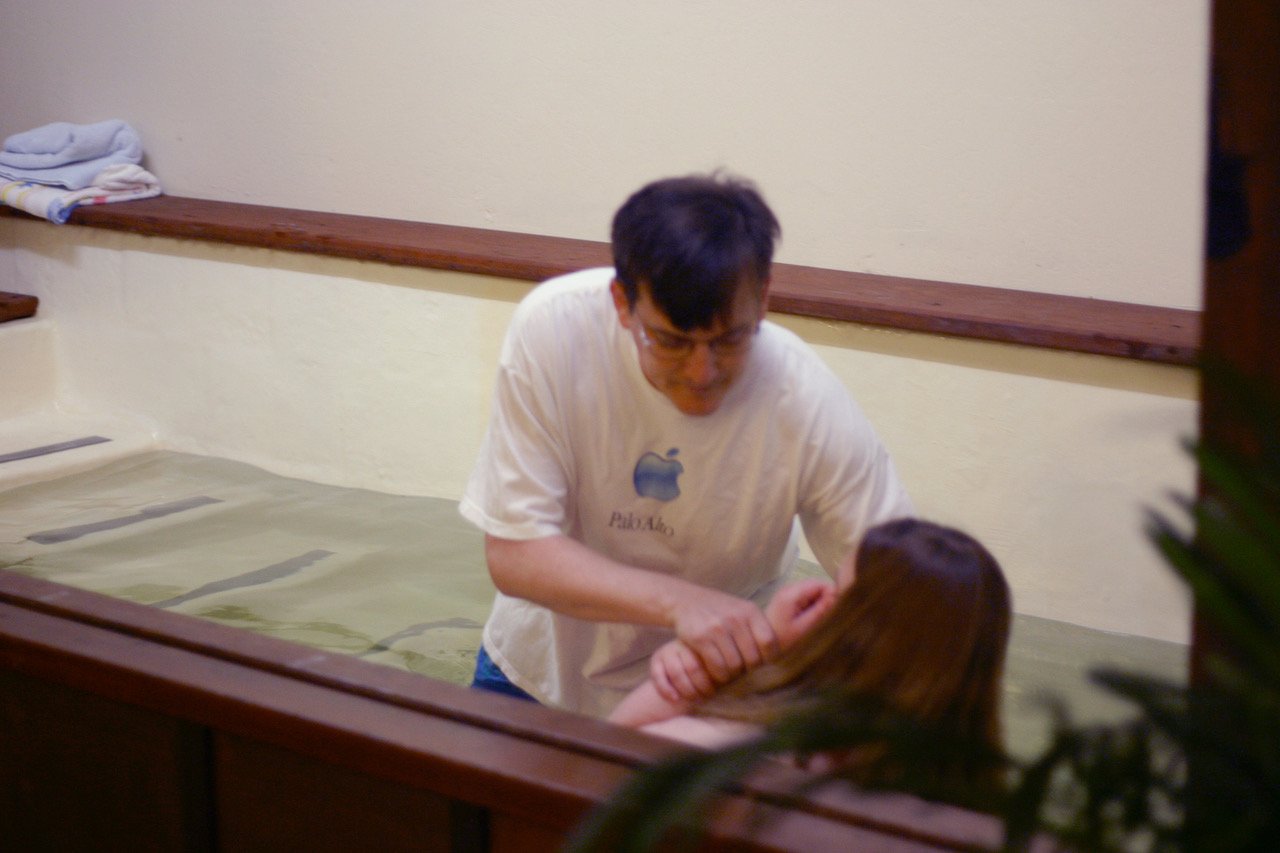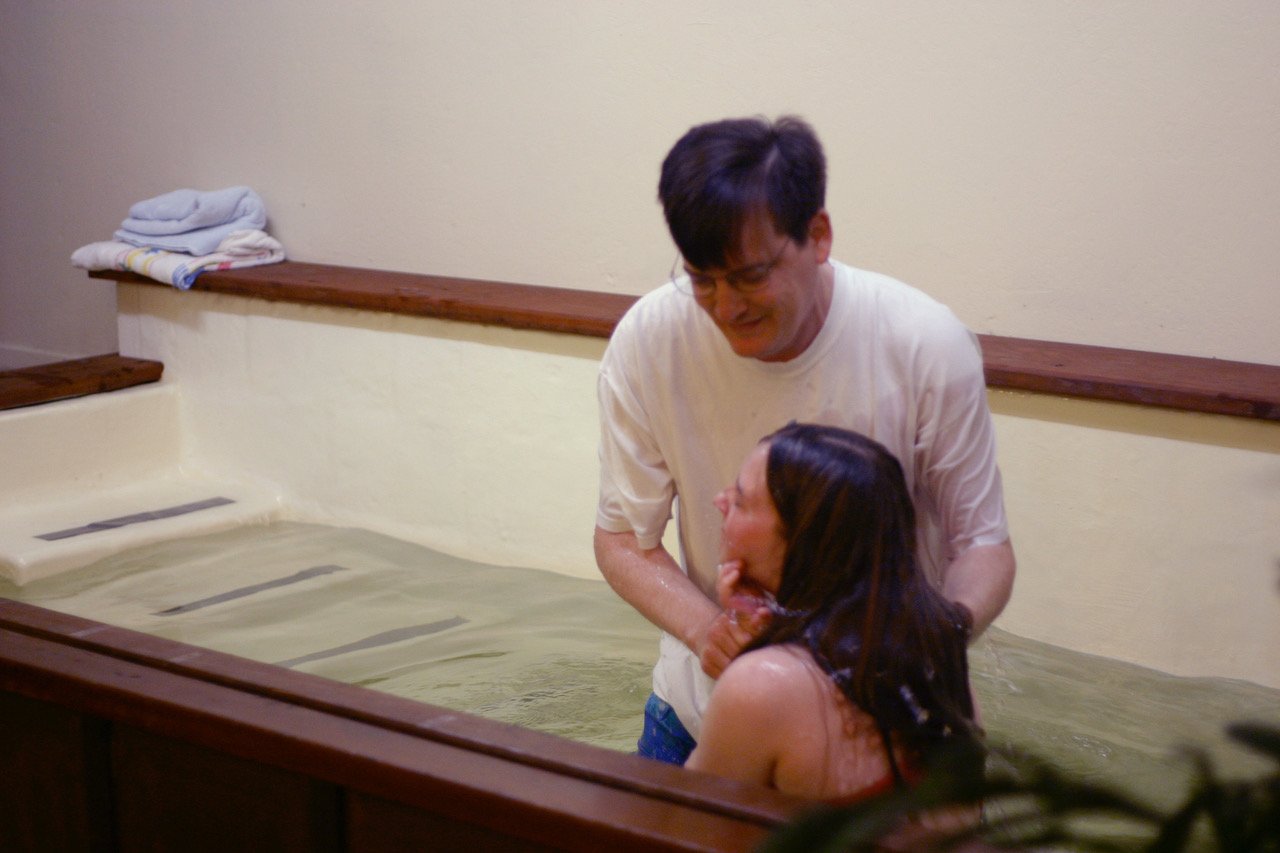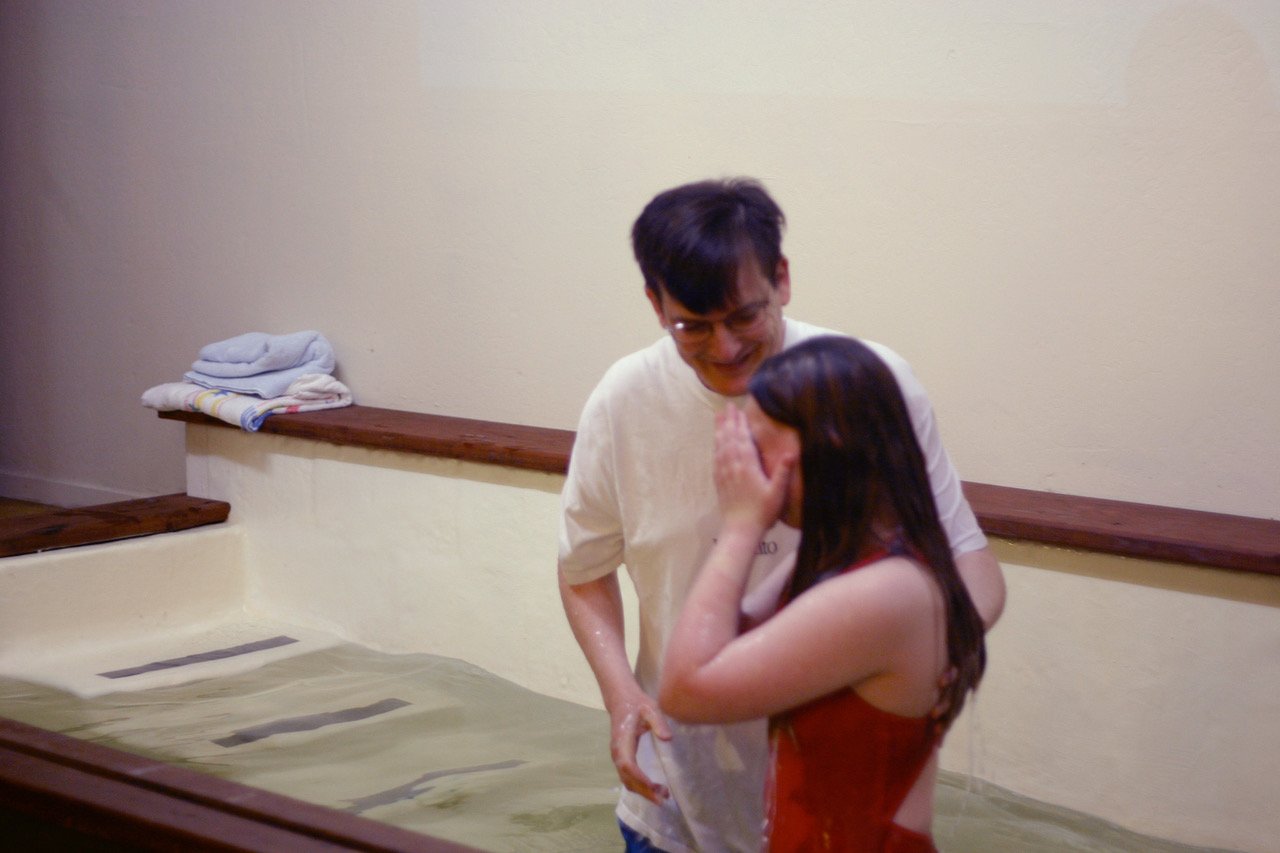By Dorothy Mitchell
Or do you not know that the saints will judge the world? And if the world is to be judged by you, are you incompetent to try trivial cases? Do you not know that we are to judge angels? How much more, then, matters pertaining to this life! (1 Corinthians 6:2-3 ESV).
Do you find this passage intimidating? I do. It calls and reminds me to be holy, blameless, kind, and loving justice and mercy. What do I know of angels, other than that they are servants of the King of Kings? Although I have grown to see them more often, I know precious little of their world or their tasks. How could I consider myself qualified for this task? How would I know whether they did well, or poorly? And why would Paul admonish the church to think of itself in this role?
But what if — what if we were already doing our jobs? Our souls are quick to judge! We do it almost automatically, without thinking. And while there certainly are times when we need to rein in our souls, maybe we don’t need to overthink this verse quite so much. We can approach our roles with confidence and intention, without being too bold. Here’s why I think so.
On October 10th, 2021, I awoke from a dream that illuminated this ordinary sense of what it means to judge angels.
In the dream, I watched a similar scenario replay again and again: a scene at most, a single beat in the context of a larger plot. A satellite filled with explosives and power had unexpectedly dropped out of orbit — purposely dislodged and booby-trapped by the Enemy. It had enormous destructive power ready to release on impact with the Earth. Where the falling satellite was poised to land and what a small hard-working team of earth and space defenders did to contain the damage and preserve human life was different every time, so the outcome varied greatly. Sometimes the defense team was able to divert the satellite to land in the ocean or the countryside. Sometimes they were able to slow its descent, or if it was still too close to a city, to land it on top of a bridge or an evacuated building. Always, they managed to avert the worst of the disaster and spare human life, infrastructure, and livelihood to a greater or lesser extent.
I became aware that other people were watching these scenarios with me. They were believers I knew who did not realize that the events they were watching were supernaturally shaped, and that what they saw was truth, not entertainment or fiction. They freely and animatedly discussed each scene as if it were a complete and engrossing movie, rating and critiquing each iteration of it. They judged the beauty and impressiveness of the final explosion, and how big the resulting blast was, as if they were special effects. They judged the success of the mission and the loss of human life relative to the other scenarios and to the loss of life, if the defense team had done nothing. They critiqued the team’s cooperation, plans, and strategies, and suggested improvements in efficiency and efficacy. The believers applied their own knowledge as chemists, engineers, and lovers of space to the problem, and discussed among themselves why this tool or technology or action would be viable, or not viable, if the defense team had tried it instead. Their final assessment was usually satisfied appreciation.
Whether they believe that God and his angels are involved in world events or not, people constantly sit in judgment of world events, such as COVID-19, famine, or war, or earthly cataclysms like earthquakes, volcanoes, hurricanes, or fires. When believers look at history and current events, we often marvel at how close humanity came to devastation — but didn’t — or disaster struck, but not as badly as it could have. We discuss these things with each other. Sometimes we are so amazed and in awe that we give thanks to God. In gratitude, we refer to the Jewish concept of dayenu: if he had done this much, it would have been enough. And many times, he does more. With these words, we do implicitly judge the efforts and activities of the angels based on the outcomes that we can see.
When we think of judging, I think a lot of us default to thinking of a grading scale from A to F, or 1-5 stars, of good to bad or right to wrong.
But if we switch to the paradigm of the household of the King, one of our privileges as sons is to report on how well the servants are doing. We can ask for their discipline, yes, but that may be called for rarely! Far more often, we might recommend them for promotion, request backup, or just put in a good word for them. Because even if we can’t tell what might have been done differently or better, though we may feel unqualified, we usually know intuitively when something has gone unusually very, very right. When we don’t know what else to say, we can celebrate, honor, and affirm them! “Wow, that was hard work! I’ve noticed you have been posted there a long time. Can we intercede for you to get some rest and relief?”
Word cloud generated at ABCYA.com.
There are many positive, encouraging words: genius, quick, right on time, comforting, encouraging, helpful. Our appreciation and our praise serves as a kind of judgment. Even more directly, we can say, Good job. Well done.
We can relax because the final decision is not our responsibility. So let the judging begin! While we put in our two cents, it is up to the Master to decide on their actual wages and rewards.









